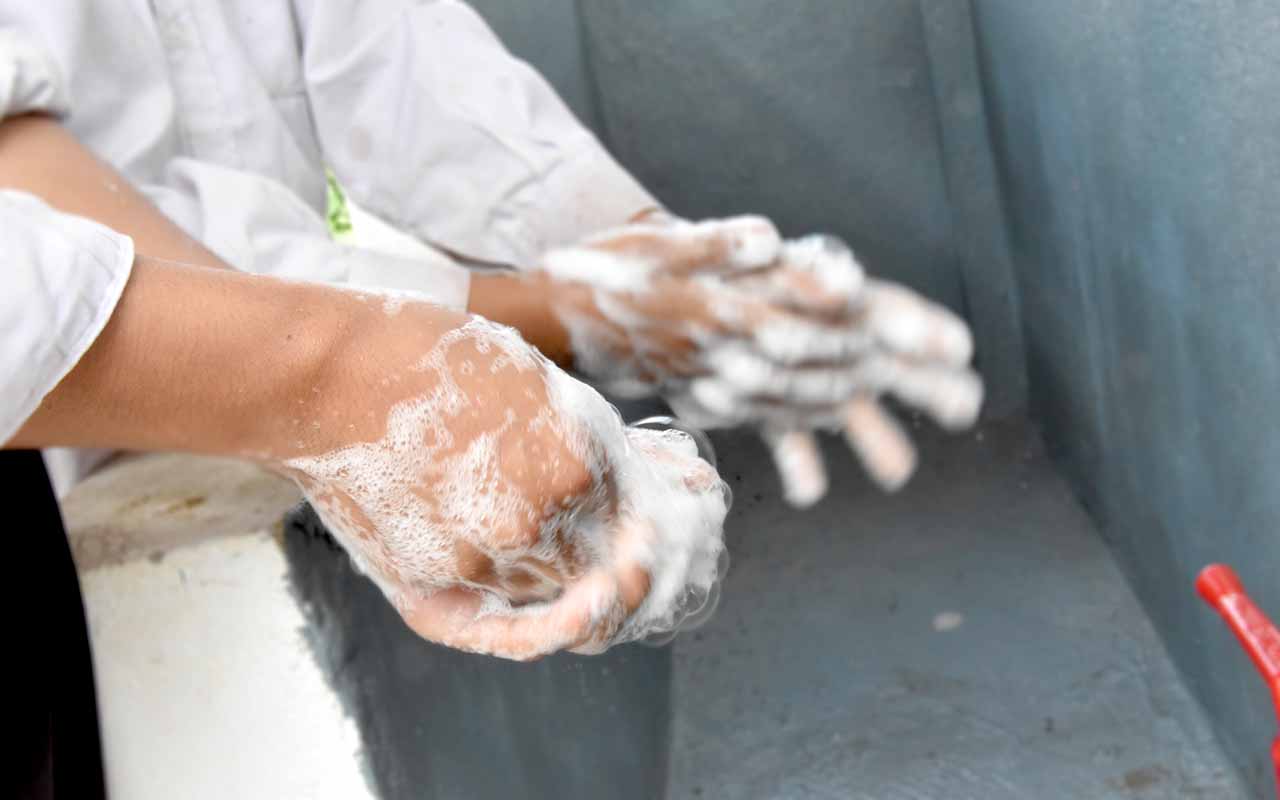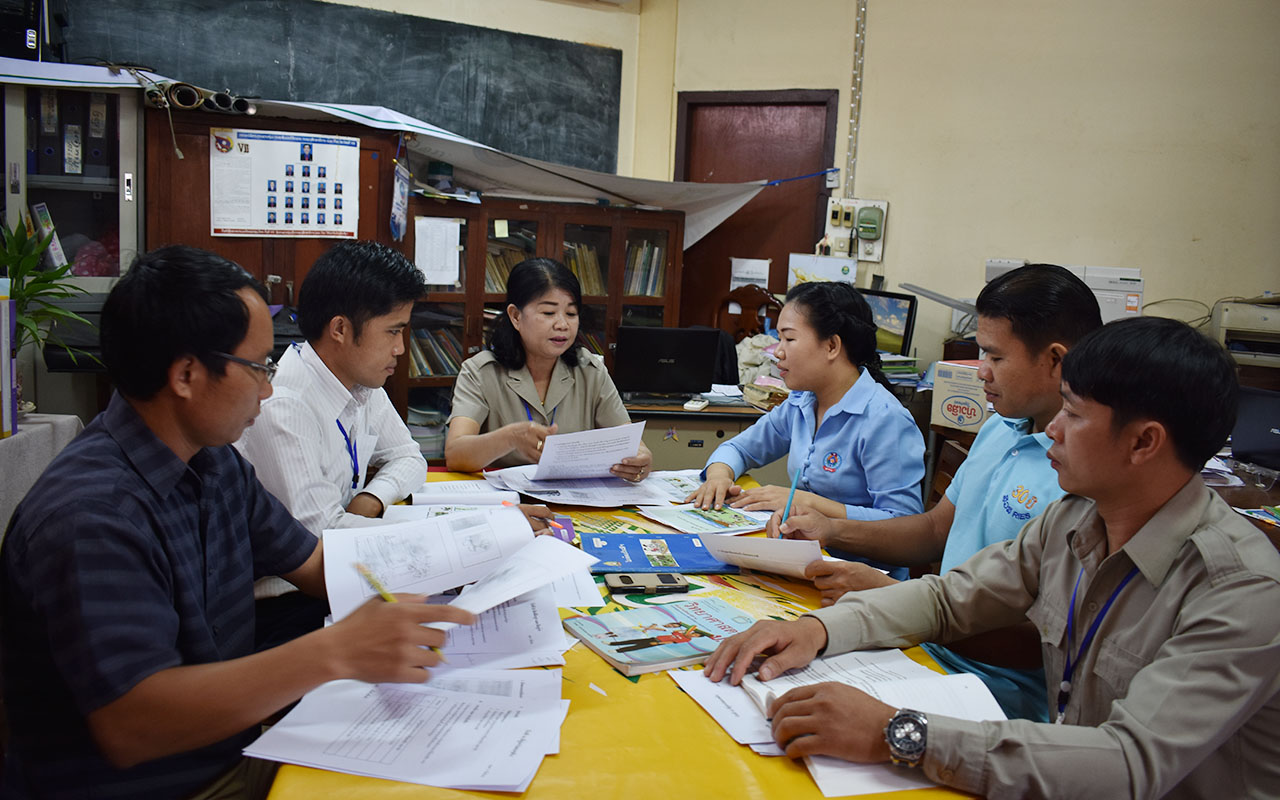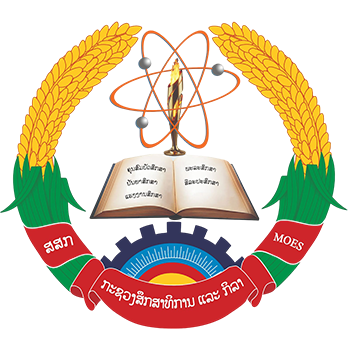
“Handwashing is very important; especially in Laos where we use our hands to eat sticky rice
Even if the food is clean, you will get infected with dirty hands!” explains Ms Phetsamone Sibounheuang, Deputy Director of the Curriculum Development Center at the Research Institute for Educational Sciences (RIES). With the team of curriculum writers and the support of the BEQUAL advisors, RIES is finalising the new textbooks and teacher guides that will be distributed in every Grade 1 classrooms nationwide next September 2019.

“I am focusing on the revision of the science and environment curriculum. We will include more handwashing details and practice in the new curriculum. The children are at high risk to get infected from dirty hands; they play in the dirt, they touch animals. In the new curriculum, they will be introduced to the reasons why they should wash hands and they will discover all the different moments when hand washing is critical: before a meal, after using the toilet and after touching dirty objects or soil. And most of all they will put their new knowledge into practice. The teacher will organise activities and demonstrations following the seven steps of handwashing methodology. The teacher will also encourage the children to show what they have learnt to their family members and hence help disseminate this healthy hygiene behaviour!” added Ms Phetsamone.

Alanyaphone Viengmixay is the BEQUAL WASH Health trainer working with the curriculum team. She adds that “Handwashing with soap will have a positive impact not only on child’s health but also on child’s school attendance and learning. Regular hand washing with soap will kill germs and cut down the incidence of infectious diseases and parasite infection. It is obvious that we should start to teach children proper hygiene behaviour from a young age; therefore, we add WASH messages in all primary textbooks starting with the grade 1. The children will be healthier, stronger and better learning.”



 ພາສາລາວ
ພາສາລາວ